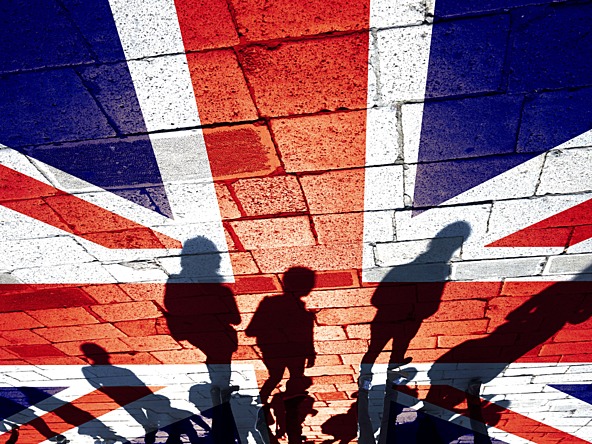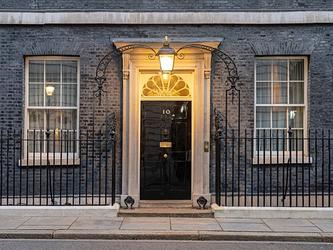Identity issues emerge as new left-right divide in UK politics, finds BSA

The annual study from the National Centre for Social Research (NatCen), published today ( 12th June), says a newly formed divide between ‘libertarians’ and ‘authoritarians’ on identity issues now sits alongside the traditional ‘left-right’ debate about economics and inequality.
Immigration is proving to be one of the biggest issues ahead of the 4th July general election, the BSA report shows, and particularly how people view the effect of immigration on British culture.
There is a 33-point difference in the combined level of support for the Conservatives and Reform/Ukip between those who think that migrants undermine Britain’s culture and those who feel migrants enrich its culture.
In the case of Labour, the Liberal Democrats and the Greens, the equivalent difference (in the opposite direction) is 48 points.
In 2015, the differences were just 16 points and 21 points respectively.
Similarly, those who are “very proud” of Britain’s history are 40 points more likely than those who are “not very” or “not at all” proud to support the Conservatives or Reform/Ukip.
The equivalent figure in 2013 was little more than half that – 21 points. There has been a corresponding doubling of the gap in the combined level of support for Labour, the Liberal Democrats and the Greens – those “not very” or “not at all” proud of Britain’s history are now 41 percentage points more likely to support these parties than those who are “very proud”; the equivalent gap was 20 points in 2013.
NatCen says even though seven years have passed since the referendum on Britain’s membership of the EU, there remains a strong link between the parties people support and attitudes towards Brexit.
“It is often suggested that now that Brexit no longer dominates the political agenda, that the battle for votes has reverted to being simply a contest between left and right,” said Professor Sir John Curtice, senior research fellow at NatCen.
“However, the terrain in which the parties are fighting is now a two-dimensional space in which issues of culture and identity, including Brexit, are as important as the divide between left and right.”
Immediately after Brexit, people who had voted Leave were more than twice as likely as those who backed Remain to say they were a supporter of the Conservatives. In Labour’s case, support for the party was more than twice as high among those who voted Remain as it was among those who had backed Leave.
Now, those who would vote against EU membership are more than three times as likely as those who would vote for it to support the Conservatives. Meanwhile, the level of support for the Labour party is almost four times as high among those who would vote for EU membership as it is among those who would vote against it.
Methodology
The most recent BSA survey consisted of 5,578 interviews with a representative, random sample of adults in Britain and was conducted between 12th September – 31st October 2023. The survey was completed online by a representative sample of respondents who were invited at random by post. There was an option to be interviewed by phone if preferred.

We hope you enjoyed this article.
Research Live is published by MRS.
The Market Research Society (MRS) exists to promote and protect the research sector, showcasing how research delivers impact for businesses and government.
Members of MRS enjoy many benefits including tailoured policy guidance, discounts on training and conferences, and access to member-only content.
For example, there's an archive of winning case studies from over a decade of MRS Awards.
Find out more about the benefits of joining MRS here.













0 Comments